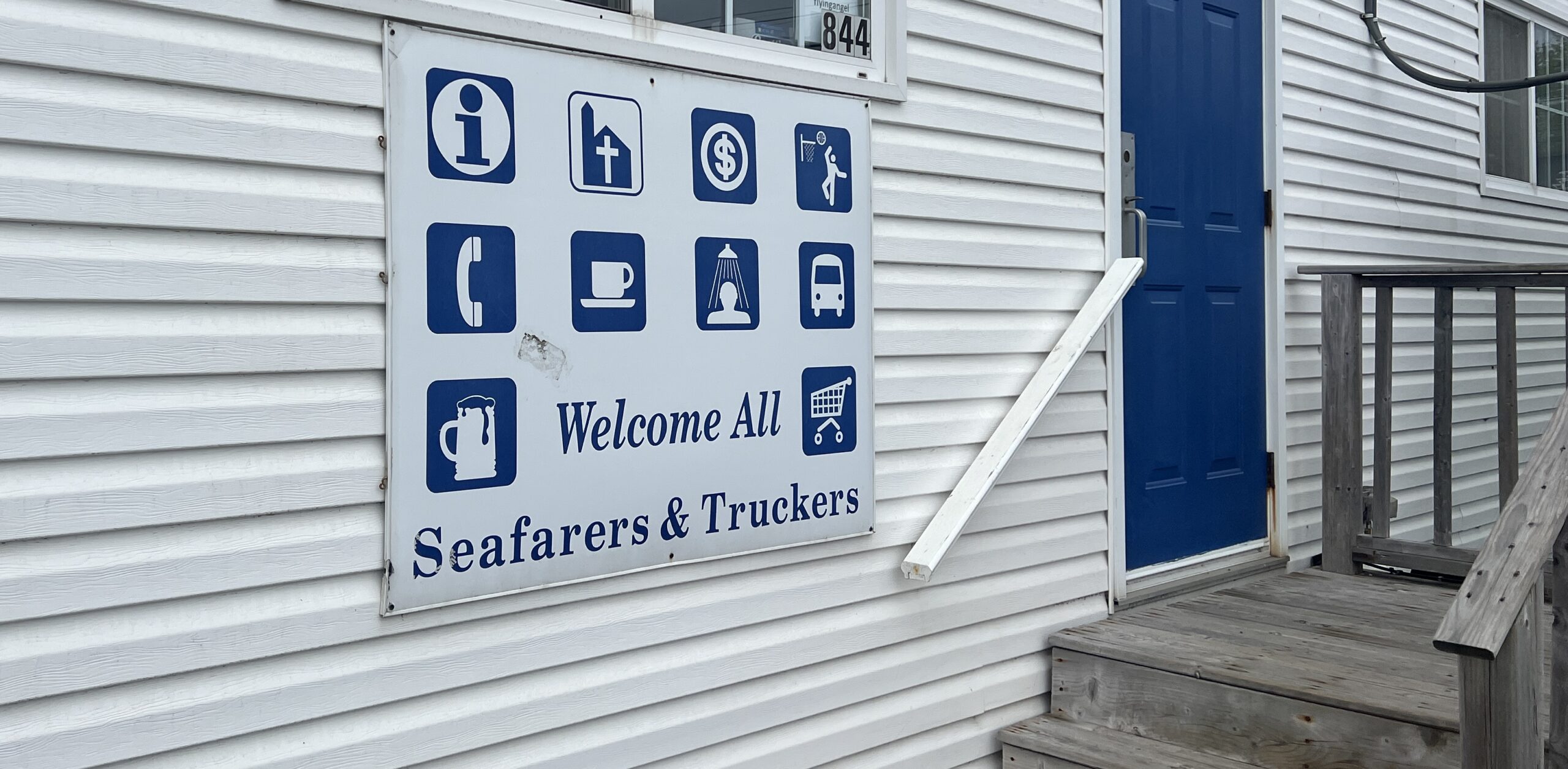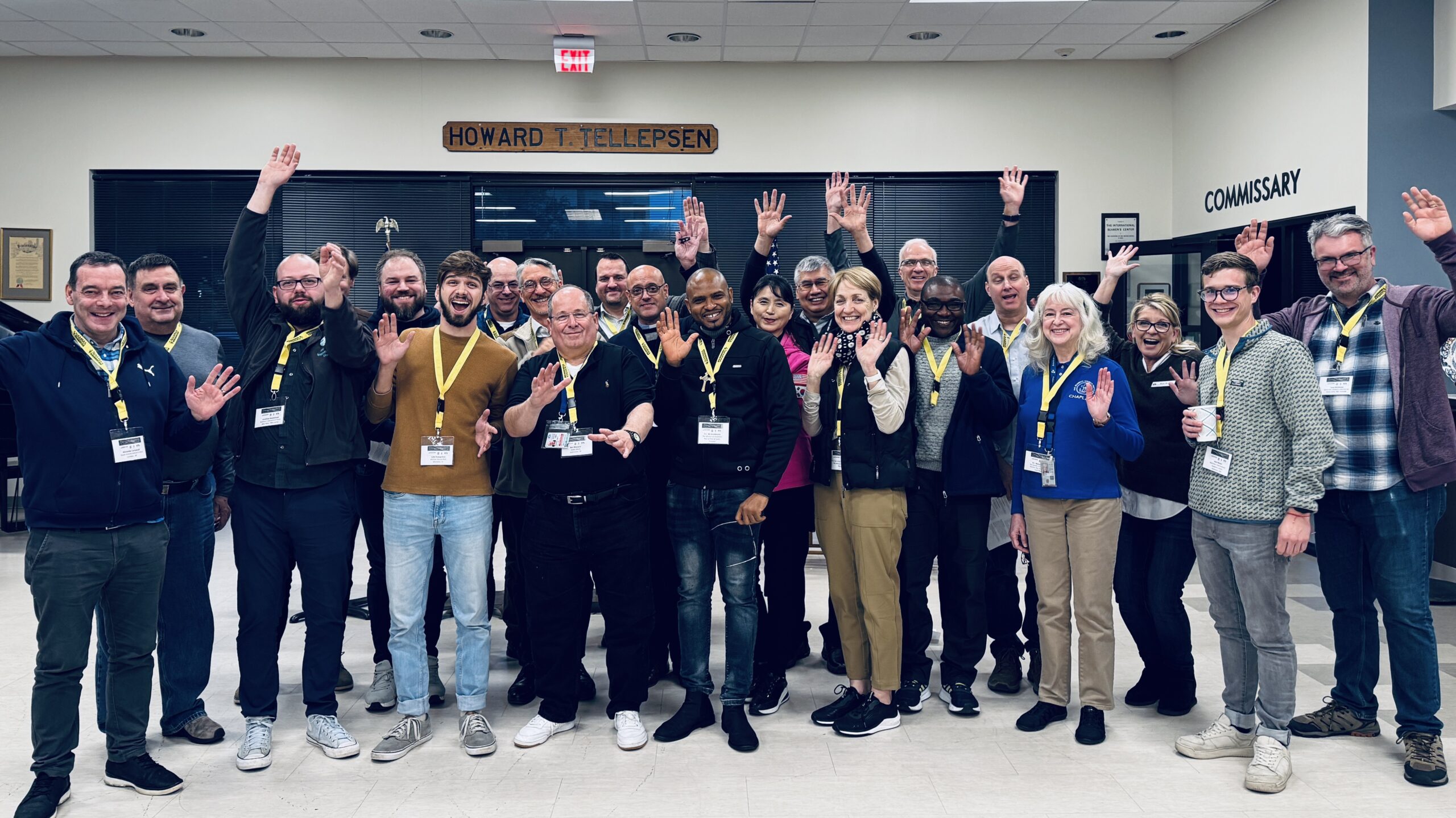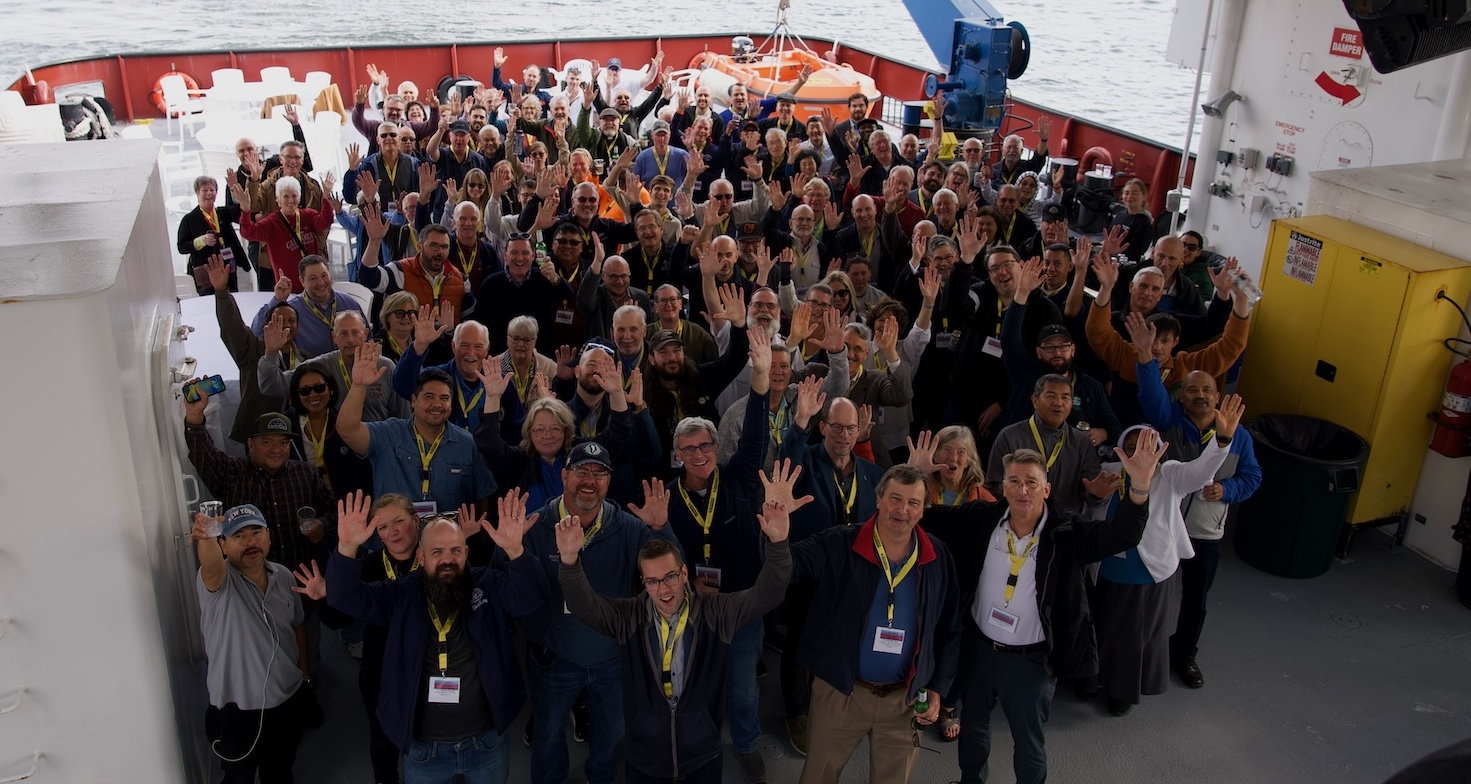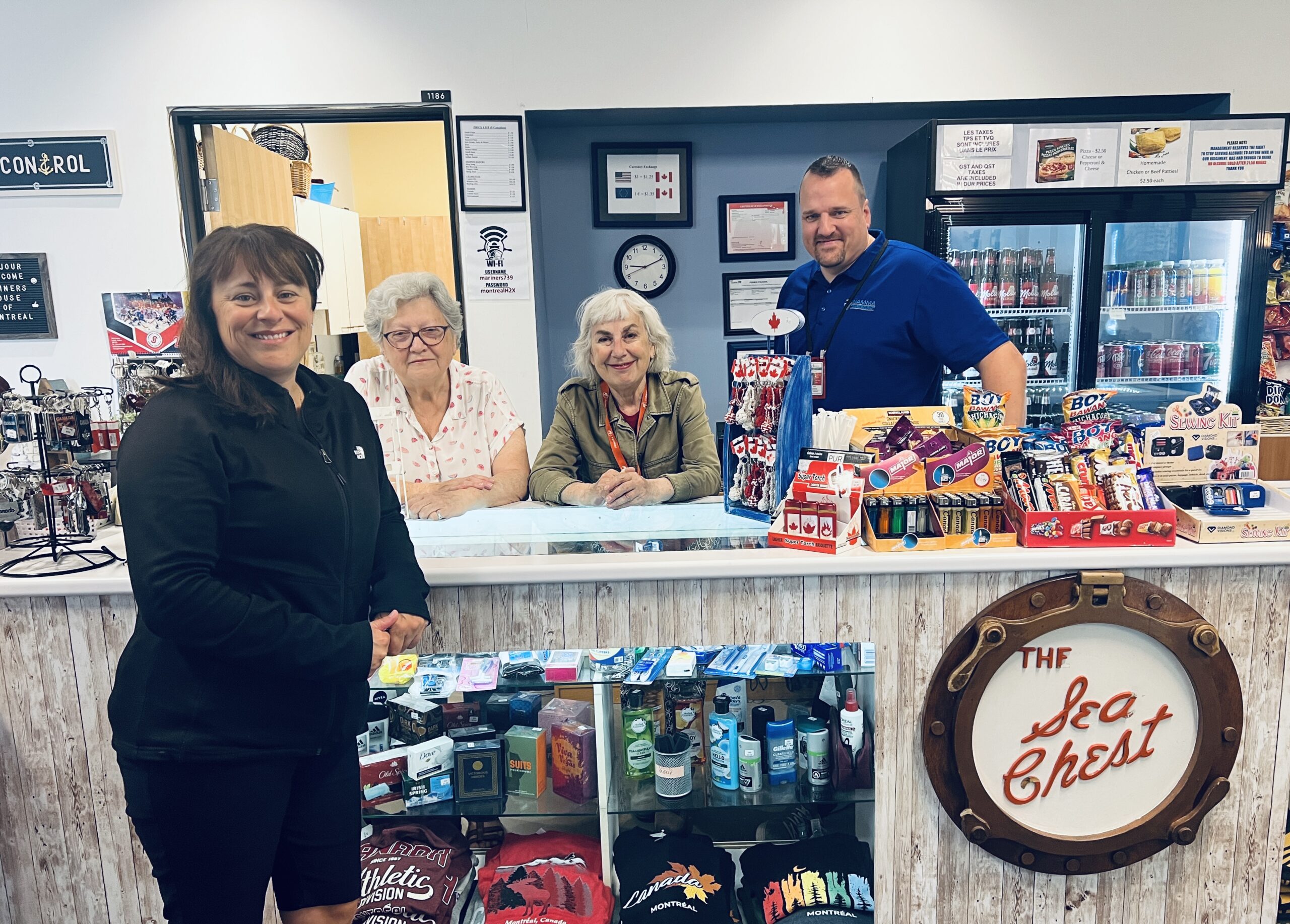In June and July, the North American Maritime Ministry Association (NAMMA) facilitated a series of Zoom conversations with over 45 individual members from different regions, including Canada, the East Coast US, the Gulf Coast US, and the West Coast. These discussions provided valuable updates and insights from each port, reflecting the collective experiences and challenges faced by maritime ministries across North America.
One of the most significant challenges highlighted during these calls was the difficulty in recruiting and retaining volunteers. Many ports reported an aging volunteer base, making it increasingly hard to sustain operations. Several members, for example, noted that most of their volunteers are in their late 70s and 80s, and finding younger replacements has been particularly challenging. A few individuals underscored the need for younger volunteers who can manage the physical demands of the work, such as climbing gangways and navigating port terminals.
Shore leave restrictions emerged as a persistent issue across many regions, affecting the well-being of seafarers and the operations of maritime ministries. Ports like Fort Lauderdale, Palm Beach, and New Orleans reported ongoing challenges with cruise ship shore leave, especially for first contract workers and certain nationalities who are often denied the opportunity to leave their ships. These restrictions not only impact the morale of seafarers but also limit the interaction they can have with ministry workers. Additionally, stringent security protocols often hamper access to ports and terminals, as seen in Vancouver and Oakland, where chaplains are sometimes required to go through shipping agents, complicating their efforts to provide support.
In response to these challenges, several ports are exploring innovative solutions and forming strategic partnerships. Point Comfort, for instance, is considering the installation of vending machines for snacks and souvenirs to serve seafarers who are unable to leave their ships. Houston and Port Arthur have engaged with seminarians and students, which has provided additional support and brought fresh perspectives to their ministries. In Vancouver, a strategic plan involving multiple working groups is being developed to address ongoing challenges, while Seattle has established strong connections with the North West Seaport Alliance to advocate for better support and resources.
Internship programs have also proven to be valuable, bringing new energy and assistance to maritime ministries. Ports like Montreal, Hamilton, and Seattle have reported positive experiences with interns from local theological schools and organizations. These interns not only provide much-needed support but also gain a deeper understanding of maritime ministry and the unique needs of seafarers. This engagement with youth is seen as a critical step in ensuring the future sustainability of these ministries.
Fundraising and community engagement initiatives are crucial for the sustainability of maritime ministries. Boston and Oakland, for instance, are actively working on fundraising campaigns and forming community partnerships to support their operations. Oakland’s “Full Speed Ahead” campaign and Seafarers’ Friend marketing efforts to raise funds for a new centre are prime examples of proactive initiatives aimed at securing the financial future of their ministries.
The health and welfare of seafarers remain a primary focus for maritime ministries. Ports like New Orleans have highlighted the importance of timely intervention in medical cases, such as helping a seafarer with serious health issues when the ship’s captain was reluctant to allow medical leave. Canaveral is addressing the mental health of seafarers by leveraging social media and organizing Bible study sessions to combat depression and provide spiritual support.
Navigating regulatory and security challenges continues to be a struggle for many ports. Several members discussed the complexities involved in dealing with security agents and customs regulations, which often hinder their ability to provide consistent support to seafarers. The need for streamlined processes and better cooperation with port authorities and agents was a common theme.
The regional conversations facilitated by NAMMA underscore the useful role the association plays in bringing together maritime ministries to share best practices, collaborate on solutions, and support each other. NAMMA’s helps foster communication and learning, ensuring that maritime ministries can continue to provide essential services to seafarers despite the myriad challenges they face.
Join NAMMA here: namma.org/join





